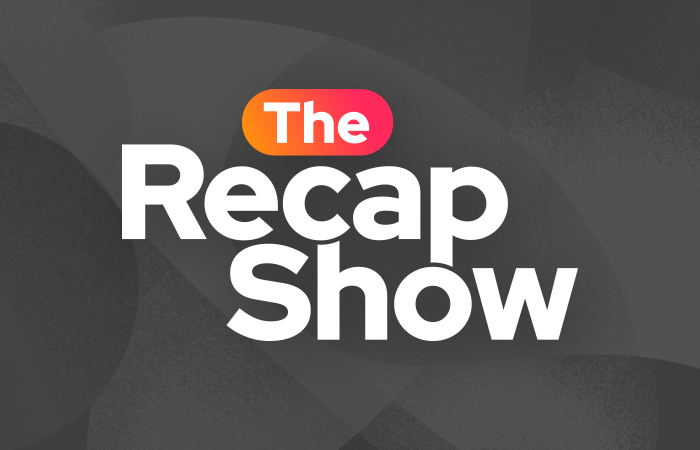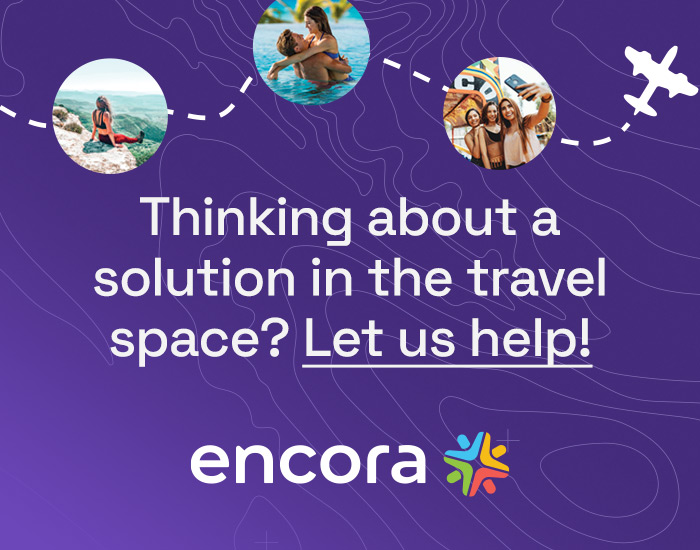Jannik Lawaetz, the Founder and CEO of LuggageHero, discusses his company’s innovative approach to luggage storage for travelers by offering a solution where businesses throughout cities serve as storage locations for travelers’ luggage, providing convenience, flexibility, and security at a great price.
What Is Luggage Storage and Why Use It?
Luggage is an integral part of travel – you always have something with you when you are on the go. As necessary as luggage is, it is a constant struggle during travel. (The root of the word is lug, after all.) From the moment you start packing, to checking in at the airport, to arriving at your hotel or rental, to returning home, you are dealing with your luggage.
Travelers oftentimes find themselves with several hours of downtime between flights, before hospitality check-in times, or after check-out. But who wants to enjoy the city they just arrived in or are about to leave with a couple of bags in tow? No one! The old-fashioned way of doing luggage storage was limited to hoping your hotel offered a storage service or finding a hidden locker at an airport or a train station. Not anymore! LuggageHero set out to solve a piece of the puzzle.
How Has the Shift from Hotels to Short-Term Rentals Changed Luggage Storage Solutions?
As more and more travelers utilize short-term homestays and vacation rentals in lieu of hotels, the problem of luggage storage has amplified. Rentals rarely offer such concierge services. So, lack of luggage storage is no longer a problem for the traveler only, but for the owners of short-term rentals too. They are looking to get guests out of their properties on time and to avoid waiting to let people in. Such delays usually happen because people just want to get rid of their bags.
With travelers wanting their bags to be secure, indoors, and close to where they are or where they plan to be, and with property owners wanting their guests in and out of properties on time, LuggageHero recognized the opportunity to collaborate with local businesses as a way to store luggage for people on the go.
Tips to Scaling a Startup
LuggageHero’s innovative business niche and business acumen allowed them to scale to 36 cities in just 12 months. The secret to their success, ironically, was not scaling. Rather, the initial focus was on identifying their core concepts and testing in just a few markets. What was found to work in one market was then replicated and tested in new markets before scaling “at scale.”
Their core business concepts were established in the city of Copenhagen, where Jannik had his own Airbnb rental. The concept that is most core to LuggageHero is that of convenience. Jannik says, “I didn’t find it convenient for my guests to have them go to one central station in Copenhagen to leave their luggage down in some basement, trusting that there would be a locker available, and that they would have the change (coins) required to use it.” With convenience top of mind, Copenhagen is now home to 30 LuggageHero stations. London and New York City are home to a whopping 100 locations each.
The ability to stay focused and avoid anything that distracts from the core concepts has also been key to LuggageHero’s growth. Jannik has been asked on several occasions by multiple providers and guests if they would be offering a transportation service. The answer is no. He goes on to explain, “We found something that works. People drop off their luggage and they pick it up at the same place. It’s very, very simple. Don’t try and complicate things. If you find something that works, keep on doing just that until you are done. When you are finished and you have done a good job scaling, then look into other verticals or horizontal integration.”
The Benefits of a Web App Only
Reminiscing on the company’s early days, Jannik recalled the mobile app vs. web app dilemma. Ultimately it came down to cost. Developing for iOS, Android and Windows wasn’t in the cards yet. And with web app options being just as seamless and capable of handling all the features he needed it was the best option. He later came to the conclusion that there are so many (too many?) mobile apps that exist, and most people either don’t use them correctly or choose not to download them in the first place. With the reality being that there are only a few mobile apps that we tend to use again, and again, and again, he opted to stick with the web app only. This decision has helped them keep their development lean and fast too.
Lean and fast development capabilities aren’t the only reason for sticking to the web app. The web app also supports the continuation of convenience. “Imagine you are traveling and you just arrived to a new city and you’re wondering where to store your bag and our website pops up and is asking you to login to the App Store and download our app in the hope that we will solve your pain right now instead of just showing you a web app and showing you that it is just 100 meters to your closest location. It’s right here. Press here. The whole experience is just so much more seamless this way.”
Utilizing a Community-Driven Expansion Strategy
When scaling any business, you are reliant on a lot of different things happening at the same time, including relying on people and on relationships. A community-driven expansion strategy is the final key to LuggageHero’s growth. “I found that a lot of people who used our services in London, Copenhagen, or New York were writing me personal messages saying, ‘I want to open it up in Paris. I want to open it up in Rome.’ Barcelona. Everywhere. So that made me think, ‘Could these people really pull it off?’ So, we set up an experiment and the experiments showed that these people could actually perform and be of help to scale my concept. We call them brand heroes.” LuggageHero has even dedicated an entire domain to their brand heroes at luggagehero.rocks, which allows registered users to reap rewards for forming and growing the community.
The Future of AI and Its Applications in Luggage Storage
As of 2019, LuggageHero was relying mainly on manual research to determine which cities would be the right cities to scale to next. Data points included how many international and domestic tourists arrived each year and how many short-term rentals there were in the city, but most importantly, what was the city’s infrastructure like? How were people moving? Where were people going? Such data was needed to not only determine which city, but also where service locations should be located.
With the lofty goal of making LuggageHero available in more than 4,000 cities, Jannik saw AI playing a significant role in the tracking and handling data for determining suitable locations for expansion in the future. “We have a simple solution to a very common problem. We want to be the market leader and to do that we need to scale. If I was just okay with having locations in Copenhagen and making a profit off it, I would have settled in 2016. But I want to have this to be a worldwide thing,” to a worldwide problem.
How to Scale a Travel Technology and Service Company at a Glance
- As more and more travelers utilize short-term homestays and vacation rentals in lieu of hotels, the problem of luggage storage has amplified. LuggageHero collaborates with local businesses as a way for travelers to find and pay for the temporary storage of their luggage via a web application.
- Ironically, the key to scaling a business can be not scaling. The initial focus should be on identifying core concepts and testing in just a few markets. What was found to work in one market can then be replicated and tested in new markets before scaling “at scale.”
- The ability to stay focused and avoid anything that distracts from your core concepts is key to growth. Don’t try and complicate things. If you find something that works, keep on doing just that until you are done. When you are finished and you have done a good job scaling, then look into other verticals or horizontal integration.
- Building a mobile app might be the “it” thing to do, but most mobile apps are rarely used. The benefits of using a web app only shouldn’t be ignored. Web apps cost significantly less to develop and maintain, and web apps keep development lean and fast.
- Community-driven expansion strategies and the use of AI for the tracking and handling of data are the future of scaling a business.



